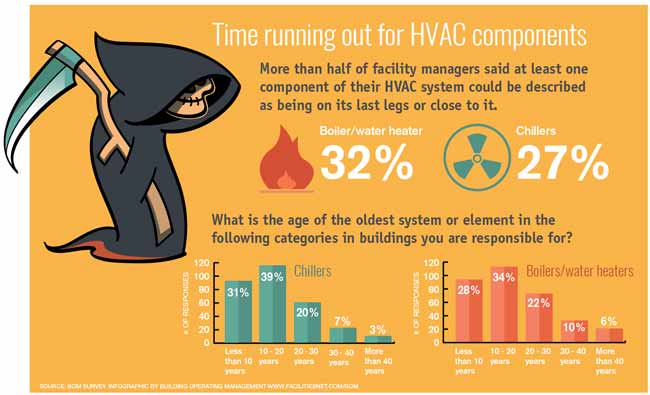Learn How To Ensure The Effectiveness And Longevity Of Your Heatpump System By Avoiding Common Installation Mistakes
Learn How To Ensure The Effectiveness And Longevity Of Your Heatpump System By Avoiding Common Installation Mistakes
Blog Article
Post Created By-Parrish Gillespie
When setting up a heatpump, you should avoid usual errors that can threaten its effectiveness. Overlooking appropriate sizing may bring about inadequacies and higher utility prices. Disregarding insulation and sealing can cause power wastefulness and pressure on the device. Furthermore, positioning the outside device inaccurately may influence its performance. By preventing these mistakes, you can guarantee optimal functioning and durability of your heatpump system.
Improper Sizing of Heat Pump
When it concerns the installation of heatpump, one of one of the most usual errors is improperly sizing the device for your area. Making certain the ideal dimension is important for optimum performance. If the heat pump is as well tiny, it will certainly battle to warmth or cool your area successfully, leading to boosted power expenses and potential damage on the unit.
On the other hand, if the heatpump is too huge, it will certainly cycle on and off frequently, causing temperature level fluctuations and decreasing its life-span.
To prevent this blunder, it's necessary to have a specialist examine your space and suggest the proper dimension of the heat pump based on variables like square video footage, insulation, ceiling elevation, and regional climate. By spending the moment and initiative to guarantee the proper sizing, you can delight in a comfy atmosphere while making best use of energy performance and extending the life-span of your heatpump.
Inadequate Insulation and Sealing
To ensure the efficient operation of your heat pump, it's important to deal with inadequate insulation and sealing in your room. Appropriate insulation aids keep a consistent temperature level inside your home, reducing the workload on your heat pump. Poor insulation can lead to power loss, making your heatpump work harder and less successfully.
Securing any kind of spaces or leaks in your space is equally crucial. https://bestwaytocleanhousewindow62840.blogsvila.com/30625777/professional-tips-on-improving-heatpump-performance-after-installation permit conditioned air to get away and outside air to seep in, requiring your heatpump to make up for the temperature level variations.
Wrong Placement of Outdoor Device
Addressing the positioning of your heat pump's outdoor system is essential to optimizing its performance. Installing the outdoor system in a wrong area can cause efficiency concerns and potential damage to the unit.
One typical error to stay clear of is positioning the exterior device as well close to a wall surface or other frameworks. This can restrict airflow, triggering the device to work harder to warmth or cool your space, ultimately minimizing its performance and lifespan.
An additional error to steer clear of is positioning the outdoor system in direct sunlight. While some sunshine is inescapable, too much direct exposure can cause overheating, particularly throughout warm summer season days. It's ideal to place the outside unit in a shaded area to aid keep its optimal operating temperature.
Moreover, make certain that the outdoor system is put on a secure and degree surface. Irregular ground can cause vibrations and unnecessary stress on the device, impacting its efficiency in time.
Verdict
In conclusion, preventing typical blunders during heatpump installment is vital for maximizing performance and longevity of your system. By guaranteeing appropriate sizing, appropriate insulation, sealing, and right placement of the outdoor unit, you can prevent concerns such as inadequacies, increased energy costs, and pressure on the unit. Taking the time to deal with these vital factors will eventually save you time and money in the long run.
